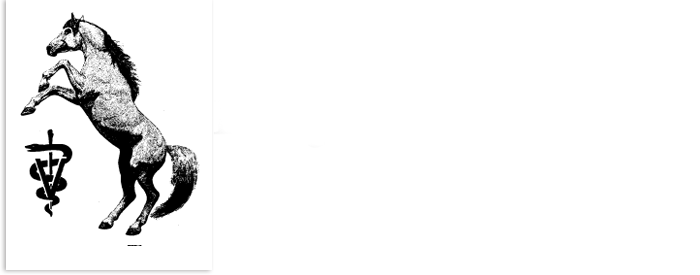Contact Dr. Novick at (408) 946-6888 or (650) 855-9626 | New Clients Save $40 Off Your First Visit

Stomach, Colon and Ulcer Care
Ulcers are a big issue among horses. For gastric (stomach) ulcers, research has shown that the incidence ranges from 30%-60% for non-racetrack performance horses, to 89% in racehorses.
Incidence of Gastric Ulcers in Scoping Surveys
Among the theories as to why stomach ulcers are so common in horses is that while their stomach secretes acid constantly to aid in digestion 24 hours/day, our stalled horse typically are only fed 2-3 times per day, so they eat only a few hours/day. What that means is that there a many hours per day where acid is being produced with no food to buffer the acid present. Another theory is that training, such as running and jumping, moves the acid around in the stomach to areas that are less protected and so more vulnerable to ulcer development. Stress such as going to competitions or changing social situations also appear to contribute.
Colonic ulcers are also very common. There is no practical way to visualize colonic ulcers in a live horse. However, in one study on 180 performance horses that were examined after death, 67% had colon ulcers
Stomach scoping using a 9 ft scope into the stomach can be used to visualize stomach ulcers. Dr. Novick can bring a scope to your barn to perform the procedure.
There is also a stall side test to indicate the presence of colonic and gastric ulcers. It helps treatment selection by indicating where ulcers are likely to be: in the stomach (gastric), or the intestines (colon), or both.
Fecal Blood Test Positive for Albumin Indicating Colon Ulcers are present
The test can be performed stall side using a small sample of your horse’s manure to look for evidence of blood in the manure – specifically hemoglobin and albumin. When positive, this double test can also give you a very good idea whether an ulcer might be either gastric or colonic. Horses positive for hemoglobin have stomach ulcers. Horses positive for albumin have ulcers in the colon (intestine).
Once a diagnosis has been made, a treatment plan is put in place. The response to treatment seen as improved behavior or decrease in colics in many horses can be significant.
Schedule an Appointment for Stomach, Colon or Ulcer Care
Please note that this form is a request only, we will contact you to confirm your appointment date and time. If you have immediate questions, please contact Dr. Novick at (408) 946-6888 or (650) 855-9626.




